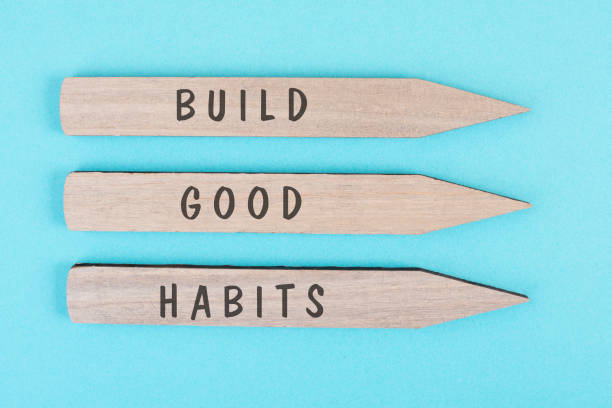Time for a societal change? Awareness of neurodiversity is one step, acceptance and valuing these differences are the goals. This would mean a shift from ‘corrective’ behaviour therapy offered by Early Intervention centres. Here’s what to know about the Neurodiversity movement.
‘There is nothing wrong with being neurodiverse. It is simply a different way of thinking. Some of the greatest minds in history are suspected of being neurodiverse and their discoveries have changed the world. If as a society, we could find a way to embrace neurodiversity and support individuals rather than treating it as a problem to be solved, we might be a lot further in finding solutions for some of the major problems we are currently facing’ says Donna who is neurodivergent herself and has two neurodivergent children. As Autism Acceptance Week (previously referred to as Autism Awareness Week) nears, two mamas and Speech and Language Therapists Fátima Ionescu and Melanie Muttit advocate for a societal change to move from awareness of autistic individuals and neurodiversity to acceptance, support and inclusivity instead. The autistic community would like us to move away from Autism Awareness and instead to Autism Acceptance due to the ableist views and perceptions created by Autism Awareness Day. This would also mean not aiming to “fix” or “correct” neurodivergent attributes and characteristics as some Early Intervention centres aim to do and instead looking for neurodiverse-affirming approaches










